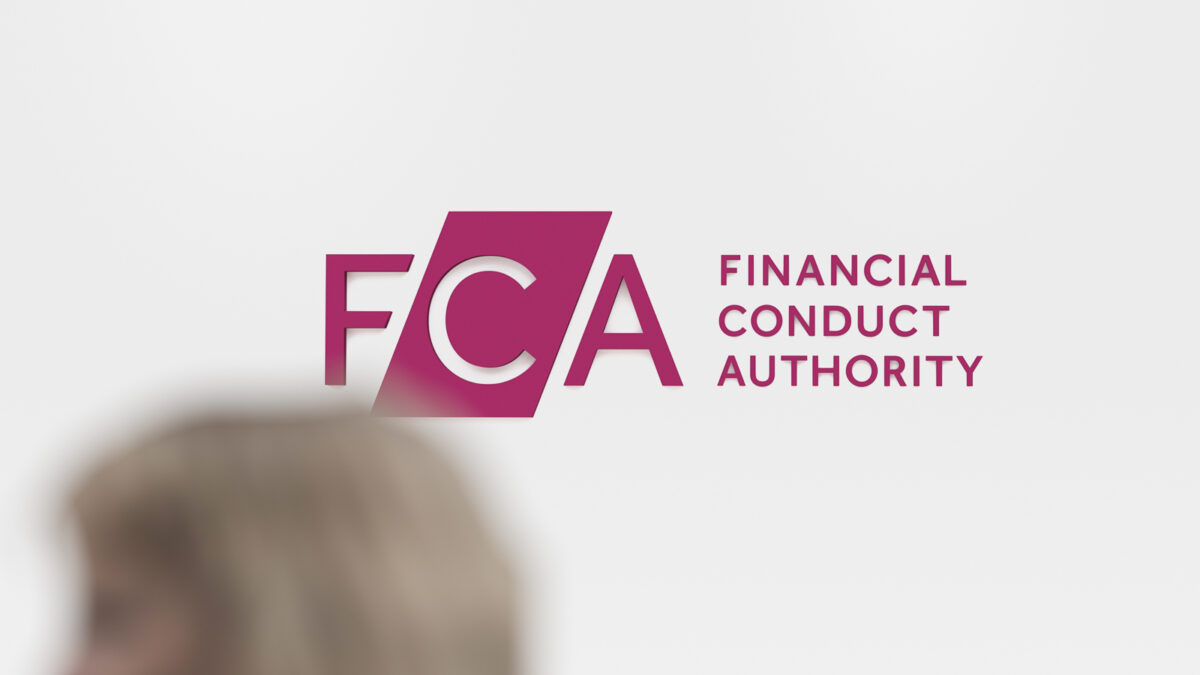Voluntary rules established to help investors navigate sustainability marketing claims
The UK’s financial watchdog has released several new measures aimed at improving the transparency of green investment products, including an “anti-greenwashing” rule, as concern about green finance transparency grows among regulators.
The Financial Conduct Authority’s (FCA) measures include product labels to help investors understand assets better, clearer marketing and naming requirements, and an anti-greenwashing rule to ensure sustainability claims by investment firms are not misleading.
The rules will help the UK maintain its place as a leader in sustainable finance as well as help investors “judge whether funds meet their investment needs,” said Sacha Sadan, director of the FCA’s environmental, social and governance unit.
The anti-greenwashing rule will apply to all FCA-authorized firms and require any claims about sustainability to be clear, correct and complete.
The FCA’s measures include four labels that funds can use if they meet certain criteria:
- “sustainable focus” for funds that invest in assets with a high standard of sustainability;
- “sustainable improvers” for assets that have the potential to improve;
- “sustainable impact” for funds that can prove their assets are targeting social and environmental solutions, and;
- “sustainability mixed goals” for fund managers that blend different strategies.
The fourth label was added after feedback from stakeholders in its initial consultation on ESG labeling.
Funds can use the labels if at least 70% of the gross value of the product’s assets is in line with its sustainability objective. They must also include specific indicators to measure progress against sustainability objectives. Meanwhile, the new naming and marketing rules mean that asset managers cannot use the words “sustainable” or “impact” if they are not using the product labels.
The FCA said that around 630 UK-based funds will be affected by the labeling, naming and marketing rules.
The UK watchdog’s labeling rules contrast to the EU, which has focused on disclosures rather than a labeling system. The EU is unlikely to take up labeling anytime soon, although it may consider it in due course, Derville Rowland, deputy governor of the Central Bank of Ireland, said during a speech in late November.
The FCA said that around 630 UK-based funds will be affected by the labeling, naming and marketing rules.
The bloc’s Sustainable Finance Disclosure Regulation (SFDR) has come under scrutiny for having too many loopholes, leading the EU to consult on limited changes to the rules.
Still, the FCA’s rules might not be enough to protect consumers, as they don’t require that third-party assessment of the standards have been met and are instead allowed to self-regulate, said Lydia Prieg, head of economics at the New Economics Foundation.
She also criticized the requirement under the new rules that 70% of funds must be sustainable despite a higher bar of 80% suggested in the U.S. and EU. She was skeptical, too, that the rating’s criteria would be “robust and measurable” as pension products are exempt and ESG rating agencies are not regulated. As ESG has become more popular, advocates have argued that the agencies making these ratings need to be under more scrutiny to prevent greenwashing and conflict of interest.
If the FCA wants to increase investment, it will need to tighten its proposals, Prieg said. Meanwhile, the Bank of England should follow other central banks in setting up a green lending program with lower interest rates for green investments, she said.
“This would reduce financing costs for green projects while allowing, if required, higher interest rates elsewhere in the economy to combat inflation,” she said.
The anti-greenwashing rules will come into force at the end of May 2024, while firms can begin to use labels at the end of July 2024. Naming and marketing rules will take effect on Dec. 2, 2024. The FCA has also warned banks against greenwashing when making sustainable-linked loans.


